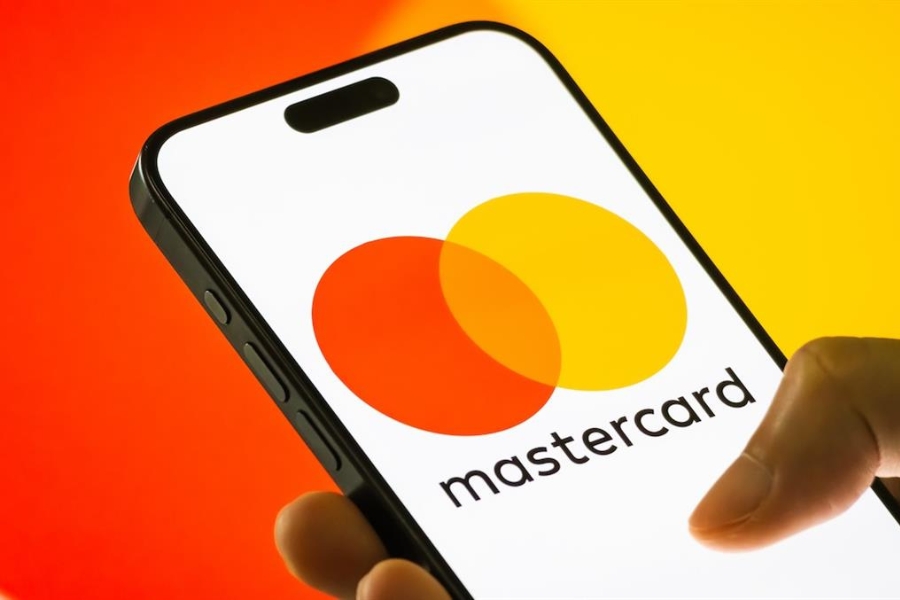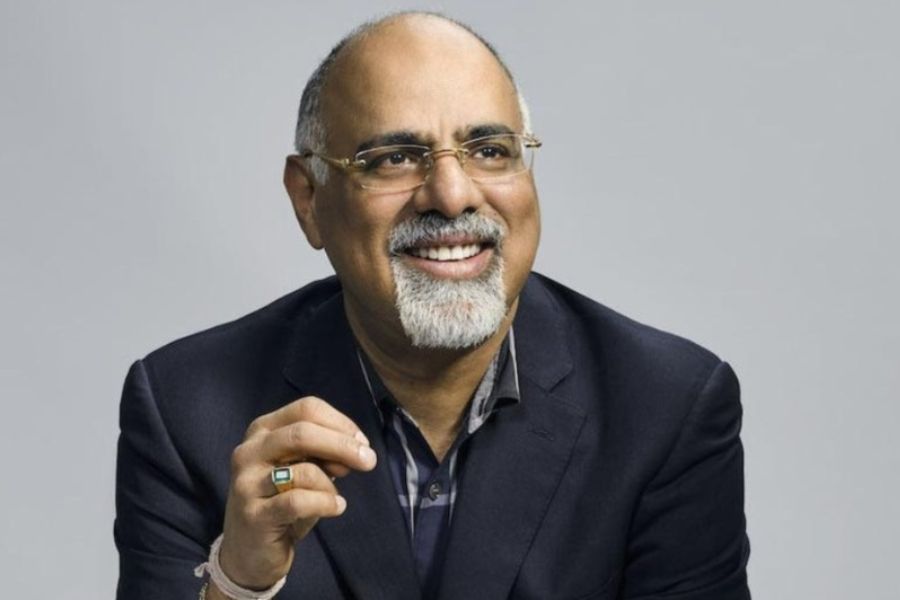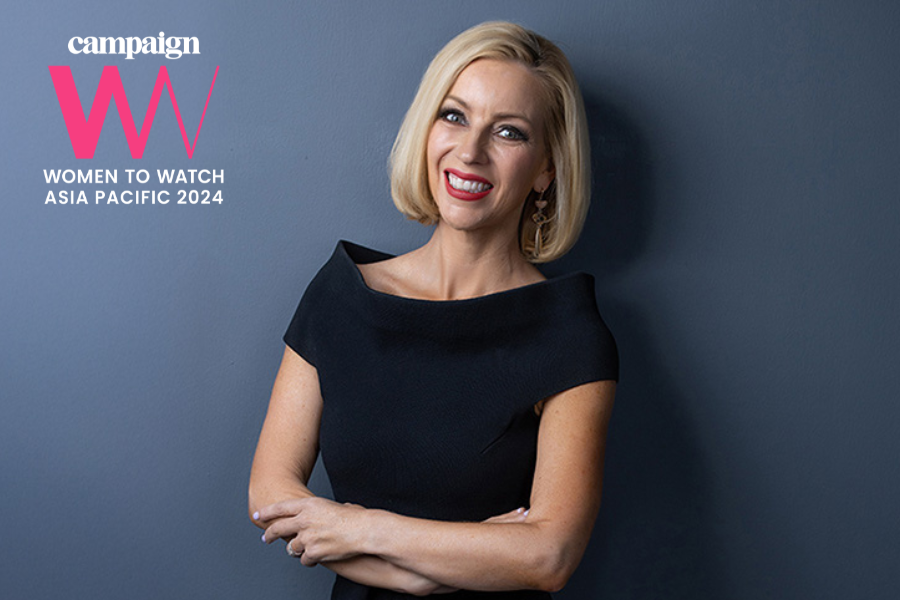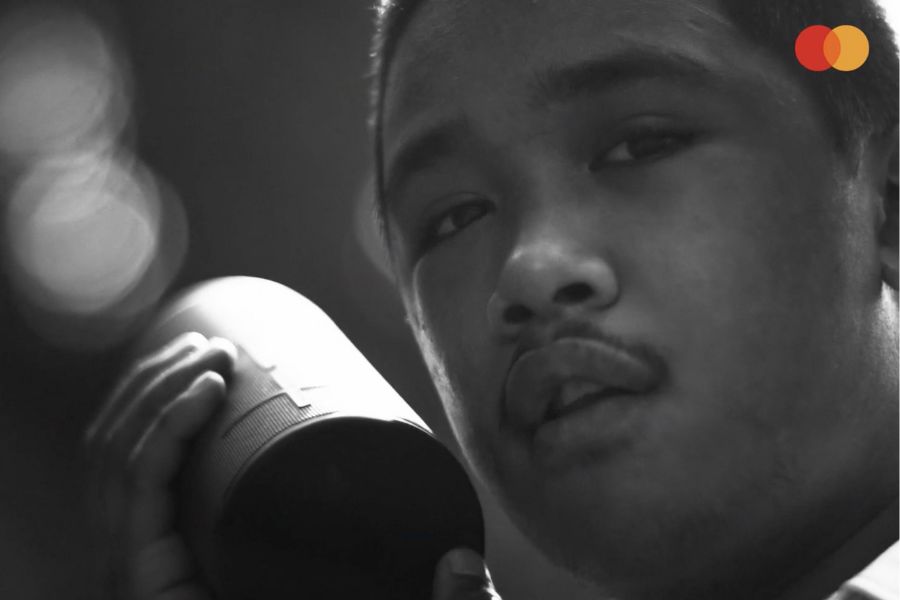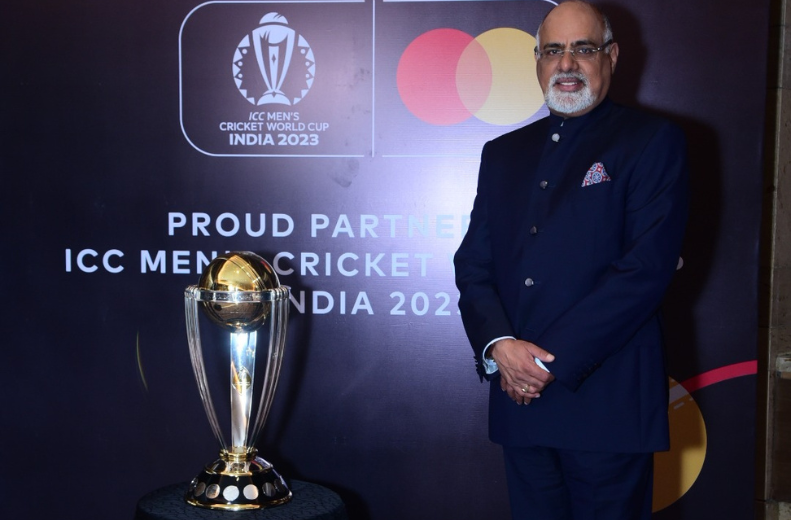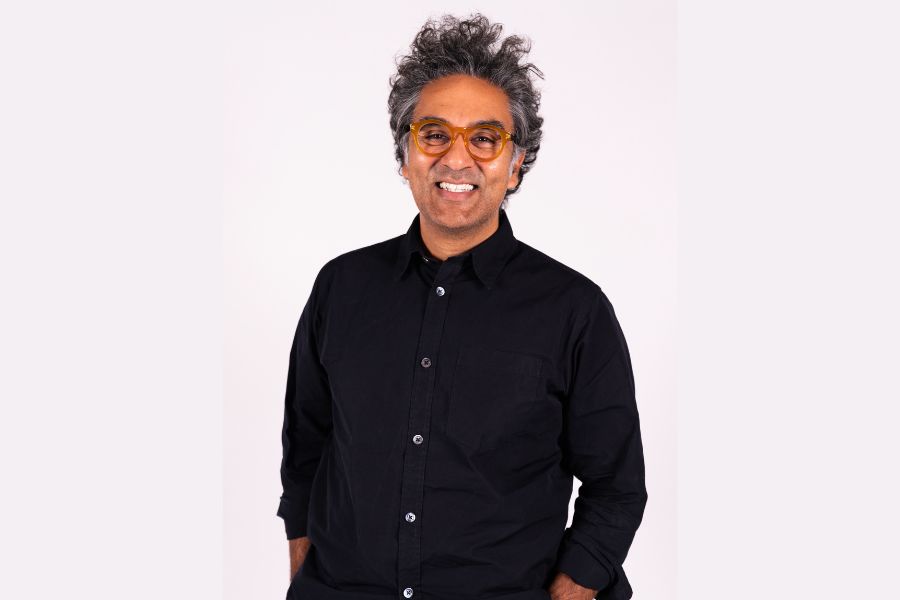When Rajamannar joined MasterCard a couple of years ago, he realised that although the Priceless positioning was an instant hit and an enduring favourite, the consumer space had evolved radically since it first appeared in 1997.
"One of the most important things for a brand like MasterCard is to really understand its role in the value chain," he told Campaign Asia-Pacific. "We are an ingredient brand, and while many companies in the space are struggling, we hit upon ‘Priceless’."
The company now has a defined purpose: to create financial inclusion. "People don’t have access to electronic payments," Rajamannar said. "Only 15 per cent of payments are done electronically." Aiming to help reach new card users, Rajamannar decided it was time to make some adjustments and developed 'Priceless Surprises', a platform that creates and enables priceless moments. "We’re talking about an experiential brand and would like to make this a holistic marketing platform," he said.
The strategic shift began at the Grammy Awards last year, where customers were handpicked for one-of-a-kind surprises. The first campaign, featuring Justin Timberlake surprising an unsuspecting female fan, saw the hashtag #PricelessSurprises become a trending topic and garnered 69,000 social-media mentions.
In Asia, the company used Hugh Jackman in a recent campaign, which reached 50 million unique users in China, Hong Kong, Japan, India, Singapore and Australia. The video crossed 3.4 million video views and led to 3 million leads to MasterCard’s merchant partners. The company claims that it also achieved a 200 per cent sales lift for participating merchants.
Rajamannar’s hope is to make Priceless an always-on platform. "Through one surprise at a time, we aim to deliver Priceless Surprises at scale in a contextually relevant and real-time manner," he said. "We’ve pushed a lot of boundaries, but it’s the insights and mobile technology available today that will get us closer to our goal."
Next on the agenda is the soon-to-be launched Priceless Surprises app and a mobile software- developer kit, a first step in taking the concept to mobile that lets advertisers reach MasterCard’s consumers through smartphone push notifications. According to Rajamannar, a key differentiator is that MasterCard will be able to reward its consumers in real time.
The company has more than doubled spend on digital in the last two years. "Digital gives us the capability to reach many consumers with high-level impact and in contextually appropriate fashion," Rajamannar said, noting that the move has paid off with increases in net promoter scores and other brand-asset evaluators.
The other piece of MasterCard’s strategy is 'Priceless Cities', an initiative running in 42 cities that is aimed at creating money-can't-buy experiences. Rajamannar said it’s not just a laundry list and that MasterCard looks deeply into the lives of consumers to develop "passion points". For instance, the company discovered that music was big opportunity to connect with fans globally and attract younger consumers. In line with that, it has invested significantly in more than 1,600 live events including an exclusive partnership with SFX, the world’s largest electronic dance music (EDM) company. MasterCard hopes to integrate its product technology and marketing platforms into these events.
Asked about localisation, Rajamannar said the company follows a global framework but concedes that adaptation is critical. “You cannot have one unified straightjacketed framework," he said. "A brand cannot look different, but the nuances are manifested in a culturally appropriate manner." In Hong Kong, for instance, the local marketing team doesn’t use celebrities and tend to pick regular folk in their advertising videos.
Although Rajamannar doesn’t divulge marketing spend, he said that resource allocation is dependent on opportunities and competitive threats. "We start the year with broad ballpark figures for each country, but we’re dynamic and move the money around."


